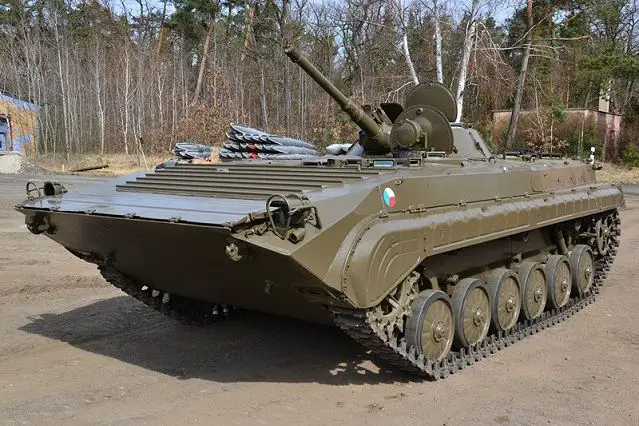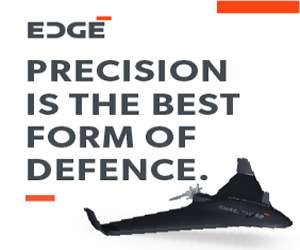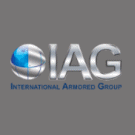| a | |||
Defence & Security News - Czech Republic |
|||
| i | |||
| Thursday, June 13, 2013 11:59 AM | |||
| Several Czech Companies could supply Libya with BRDM-2 and BVP-1 armoured vehicles. | |||
Several
Czech companies have negotiated a contract worth 39 milion Euro on a supply
and modernisation of hundreds of amphibious armoured vehicles to Libya's
military, daily E15 said Wednesday, June 12, 2013,, referring to information
from the companies and the Foreign Affairs Ministry. |
|||
Among the firms that would benefit the most from the contract are companies Excalibur Army, Tatra and VOP CZ, and also companies STV Group and Zeveta Bojkovice if ammunition was part of the supplies. But the Foreign Affairs Ministry has refused to allow export of ammunition because it fears the ammunition could end up in the wrong hands. The companies say this could thwart the deal. The companies are to supply to Libya 350 amphibious wheeled armoured vehicles BRDM-2 and armoured infantry fighting vehicles BVP-1 which they would also repair and supply new equipment for them, E15 said. Moreover, they would modernise further 300 vehicles directly in Libya. But if Czechs are unable to supply ammunition along with the vehicles, Libyans can, according to Excalibur Army and Tatra representative Andrej Cirtek, turn to another country. "At first officials told us to focus on Libya because it needs equipment for restoration of order. But now they said they will not permit export of ammunition for the time being," Cirtek told E15. The Foreign Affairs Ministry is hesitant about permitting ammunition supplies because it fears it would be illegally exported from Libya to other countries. "Illegal distribution of military material has been observed by the UN, for example," Foreign Affairs Ministry spokeswoman Johana Grohova told the daily. "Ammunition is a sensitive commodity whose movement is very difficult to monitor. If it got into a country with an unstable regime or to terrorist groups, we would risk the reputation of not only our country, but also of our arms producers and other companies," Grohova said. |
|||
Several Czech Companies could supply Libya with BRDM-2 and BVP-1 armoured vehicles 1306134
- Posted On
















